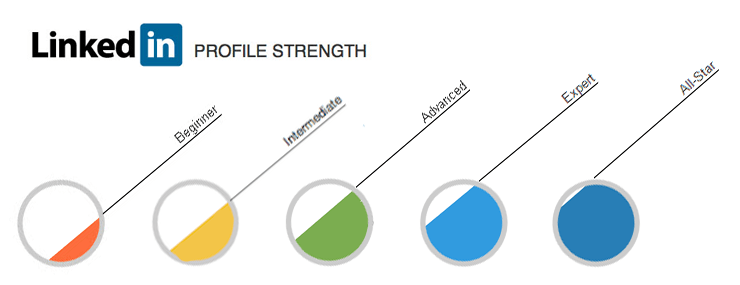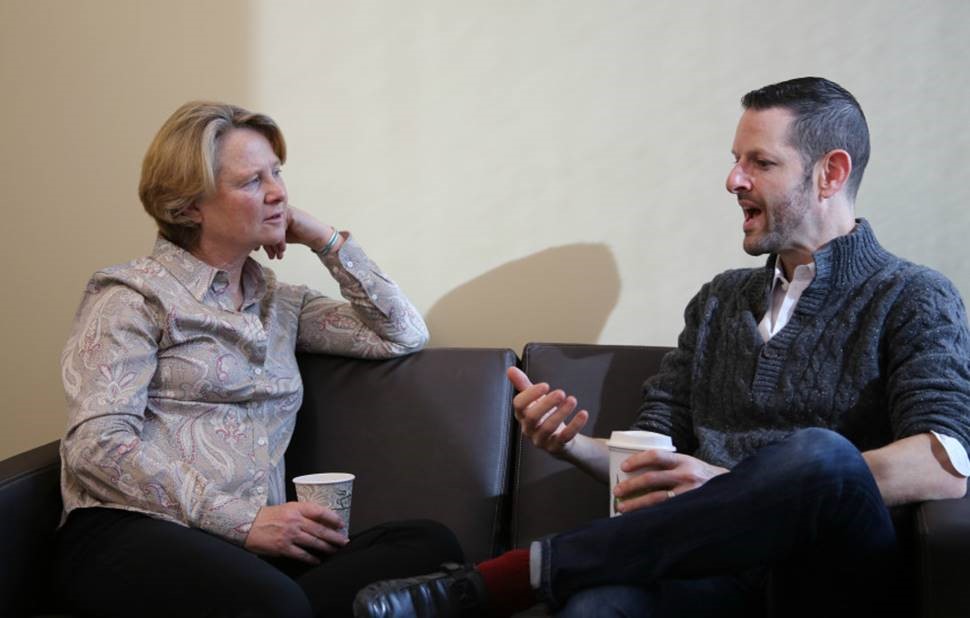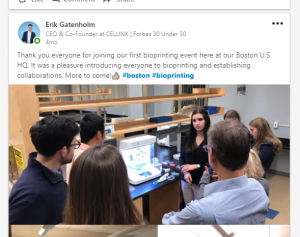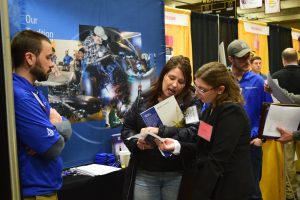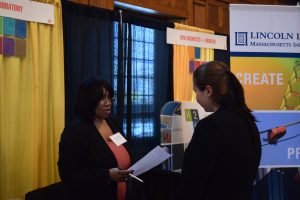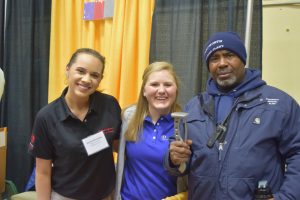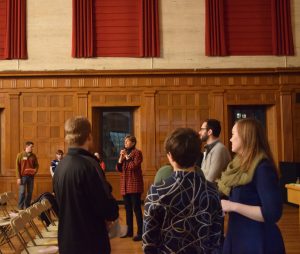By: Abbey Pober
 Com·fort zone / ˈkəmfərt zōn / noun: a place or situation where one feels safe or at ease and without stress.
Com·fort zone / ˈkəmfərt zōn / noun: a place or situation where one feels safe or at ease and without stress.
Mark Zuckerberg said in an interview once, “The biggest risk is not taking any risk… in a world that is changing really quickly, the only strategy that is guaranteed to fail is not taking risks.” I can think of no better example of a professional who has taken calculated risks in their career which have resulted in incredible professional learning and growth. Stepping outside your “comfort zone” is a risk that is known to lead to big rewards when done strategically. If your goal is growth in your career, professional development is key to your success.
Why do you want to push yourself to do something outside your professional normal? The reason that motivates you is personal, changes based on where you are in your career, and can range from wanting a promotion, to needing to build new skills. Some of the benefits to challenging yourself professionally include:
- Building your confidence
- Strengthening your resume
- Opening doors to new opportunities
- Gaining new perspectives that change the way you approach your work
- Discovering something you love
- Increasing your resiliency
So, how exactly do you step out of your comfort zone? Again, this looks different for everyone. You should be looking for an opportunity that will push you to try something new, or that will strengthen a weakness you want to work on. If your work has you sitting behind a computer all day without much human interaction, consider seeking out speaking engagements, or ask to run part of a meeting for your department/team. Or perhaps you are a person who can talk to a crowd all day but struggles to sit down and focus on tasks for a long time? You could ask to take on an important project that will require you to sit down, plan for, and complete tasks individually rather than in a group setting. Not sure where to start? Here are some ideas:
- Join a professional organization
- Submit a proposal to present about something you are skilled at/an expert on at a conference
- Reach out to someone you’ve been meaning to connect with
- Write a blog/create something to share your expertise
- Take a class that will challenge you
The important piece to stepping out of your comfort zone is taking the first step and doing it. When choosing what you will do to grow professionally, remember to be reasonable about the time and resources you must commit to it. Want to push yourself this semester? Consider joining a club/organization here at Wentworth, or reach out to your Co-op + Career Advisor to discuss ideas on how you can get involved off campus professionally.
To meet with a Co-op + Career advisor, make an appointment or swing by fall drop-in hours every Monday, Wednesday, and Thursday from 1:30 – 4:00 PM. Our office is located at 101 Wentworth Hall. Feel free to contact us via email at coopsandcareers@wit.edu, or call us at 617-989-4101.
